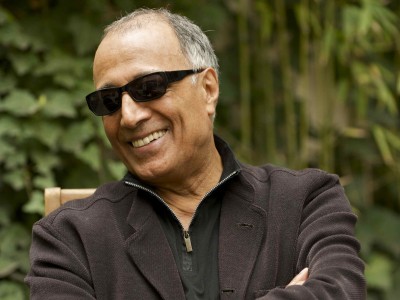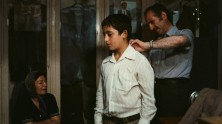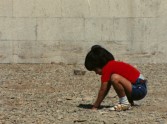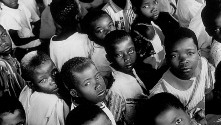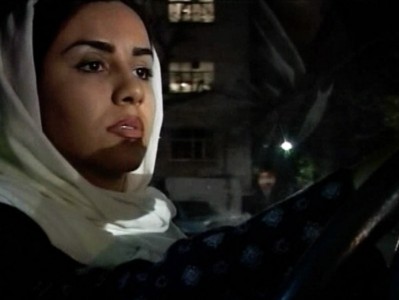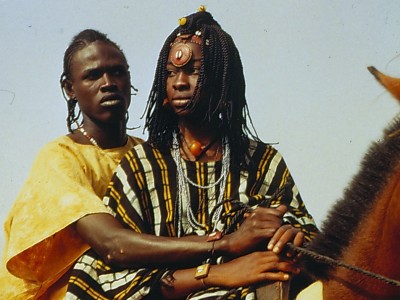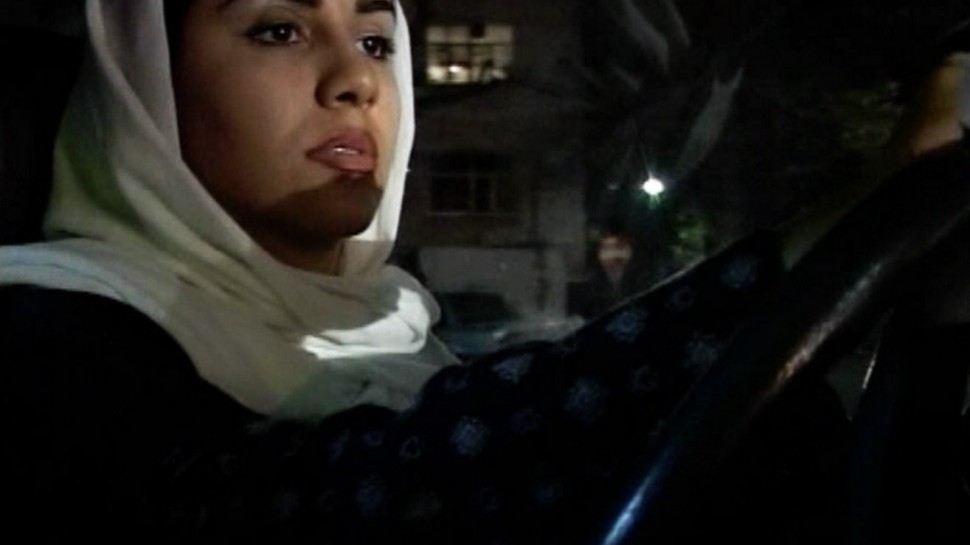
Ten
(Dah)
With Mania Akbari, Amin Maher, Kamran Adl.
Iran/France, 2002, DCP, color, 91 min.
Persian with English subtitles.
Kiarostami’s first feature focusing on women is also the first filmed without his presence on set. Ten employed the portable, inconspicuous new digital video technology—allowing his (non-) actors a particular freedom and sense of privacy. In the driver’s seat is Mania, a female taxi driver recently divorced and remarried. Two cameras mounted on the dashboard of a car record her interactions with various riders: strangers, friends, relatives, and Amin, her young, antagonistic son. Here, more than ever, Kiarostami’s car becomes an intimate, safe and mobile space for Iranian women, whose oppression comes clear over the course of the conversations. Amin moans that their arguments begin as soon as he gets in the car; presumably, these frank discussions could not take place at home. With the dashcam video now a ubiquitous phenomenon, the ten scenes have maintained their sense of unguarded spontaneity—covering emotions and issues both universal and specific to Iran, which remains somewhat in Kiarostami’s complex, revealing crosshairs. In one of the film’s revelatory moments, Kiarostami undermines Iran’s censorship rules forbidding a woman to show her hair on screen; the veil lifts, yet she has no hair.
